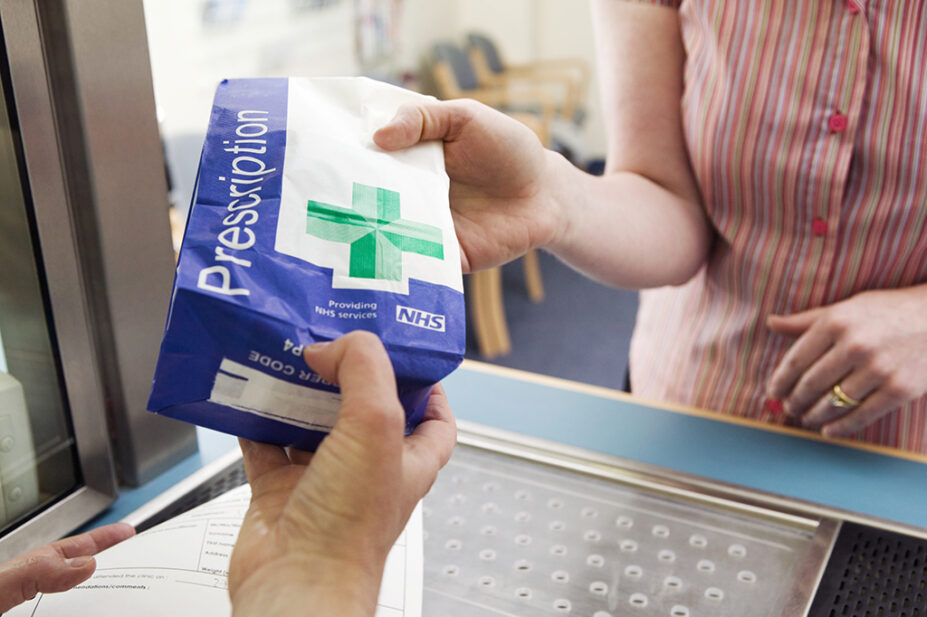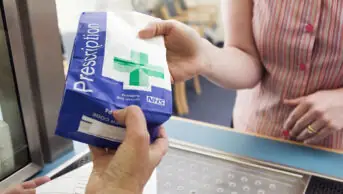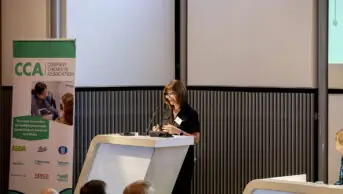
LEWIS HOUGHTON/SCIENCE PHOTO LIBRARY
The University of Bradford has won two NHS England contracts to pilot a model for independent prescribing (IP) skills training and assessment methods for foundation training pharmacists, in advance of all new pharmacists being qualified to prescribe independently by 2026.
Under the two contracts, which have a combined worth of £98,140, the university will explore how IP can be integrated into pharmacists’ foundation years, and evaluate trainees and trainers throughout the trial, which will run from August 2023 to March 2024. The institution will then submit its findings to NHS England in May 2024.
Gemma Quinn, director of studies and lead for postgraduate clinical pharmacy programmes at the University of Bradford, told The Pharmaceutical Journal that the pilot will involve the university working with the University of Huddersfield in running additional IP training as part of their existing supplementary training programmes for foundation pharmacists.
Students will collect evidence for their portfolio to use against the Royal Pharmaceutical Society’s prescribing competency framework.
Since 2022, pharmacists have no longer been required to have two years of practice and relevant experience in a specific clinical or therapeutic area to enrol in an IP course. However, they must be registered with the General Pharmaceutical Council. This means that, although the foundation year students taking part in the pilot will be assessed on their evidence of competency, they will not receive a prescribing qualification, nor will they do a written assessment or an Objective Structured Clinical Examination.
During the training, the confidence of the students will be tracked throughout, as well as that of designated supervisors and designated prescribing practitioners (DPPs), Quinn said.
“They’ll have seven months to collect as much of the evidence as they can and get as much work done towards that qualification as they can, and part of it will be to see how much can they realistically get done in that time,” she added.
“Did they feel it was realistic, could they fit it all in, how confident do they feel now after they’ve done six to eight months of the pathway? We’ll be evaluating that as we go along,” she added.
The institution is recruiting DPPs and students from across the sector to understand how the training will fit with different frameworks, with the expectation that around 30 students will take part in the trial — up to 38 students when including sandwich students.
“We are setting up a system whereby, as long as they’ve got a DPP available, they can still be supervised by their normal designated supervisor, even if they’re not an IP, because some of the models we need to explore are how we’re going to get the number of students through, how can we supervise more efficiently,” added Quinn.
The community pharmacy sector has previously expressed concern over the number of DPPs that will be needed to provide the level of IP training required as the profession moves to all newly-qualified pharmacists being able to prescribe.


